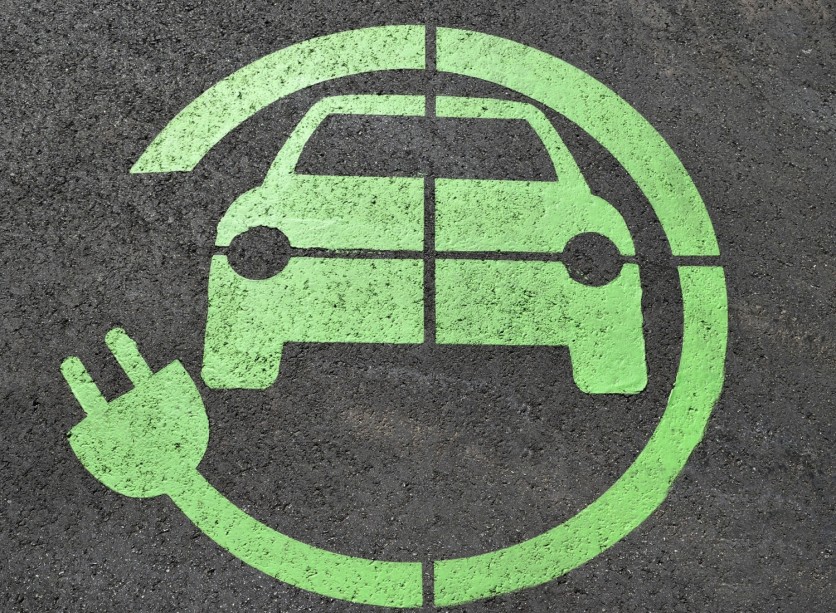China is poised to outpace the United States and Europe in achieving self-sufficiency in recycling essential raw materials for batteries, according to a study headed by Professor Stephan von Delft, a business chemist from the University of Münster.
The research, conducted by a team of experts spanning science, automotive, and battery industries, explored when the demand for critical battery raw materials - lithium, cobalt, and nickel - could be met entirely through recycling, establishing a circular economy in these regions.
These materials play critical roles in the technology sector, particularly in the production of batteries essential for various electronic devices and electric vehicles. For instance, lithium is a key component in battery electrolytes, enabling the efficient storage and release of electrical energy.

China to Lead in Recycling EV Battery Materials
The surge in battery production for electric vehicles (EVs) has increased the demand for raw materials, prompting concerns about supply chain risks, environmental issues, and challenging working conditions associated with traditional mining and transportation.
Hence, recycling battery materials has become crucial in EV production and other fields. The team's findings suggest that China is positioned to achieve circularity first, followed by Europe and the United States.
According to the study, China is projected to meet its demand for primary lithium through recycling for electric vehicles by 2059, while Europe and the US are not expected to achieve this until after 2070.
For cobalt, China may reach self-sufficiency through recycling as early as 2045, followed by Europe in 2052 and the US in 2056. Regarding nickel, China could achieve recycling-based self-sufficiency in 2046 at the earliest, with Europe following in 2058 and the US by 2064.
The study also considered potential factors that could expedite achieving equilibrium between supply and demand, known as the "break-even point." It highlighted the role of faster electrification in the automotive industry, particularly as discussed in the European Union.
According to the study, the accelerated adoption of electric vehicles would contribute to a quicker availability of batteries for recycling, influencing the achievement of circularity.
Read Also : China's WEILAN Introduces Robot Dog 'BabyAlpha,' Redefining AI Interaction with Human-Like Features
Second Life for EV Batteries
Jannis Wesselkämper, a PhD student involved in the research, noted that the demand for raw materials could be met earlier through recycling by reducing battery size and avoiding a "second life" for batteries, such as repurposing them as stationary storage units for solar power.
The researchers utilized dynamic material flow analysis to project future demand and evaluate the accessibility of recyclable raw materials. The study incorporated data from ongoing research and market predictions concerning battery production, sales, and the corresponding raw material demand.
"The results show that China will realize full circularity more than ten years earlier than Europe and the US for lithium and nickel and seven years earlier for cobalt," the study's abstract reads.
"Second, it identifies levers (e.g., earlier full electrification) that can accelerate full circularity, thereby demonstrating how independence from primary raw materials can be achieved earlier," it added.
The findings were published in Resources, Conservation and Recycling.

![Apple Watch Series 10 [GPS 42mm]](https://d.techtimes.com/en/full/453899/apple-watch-series-10-gps-42mm.jpg?w=184&h=103&f=9fb3c2ea2db928c663d1d2eadbcb3e52)



